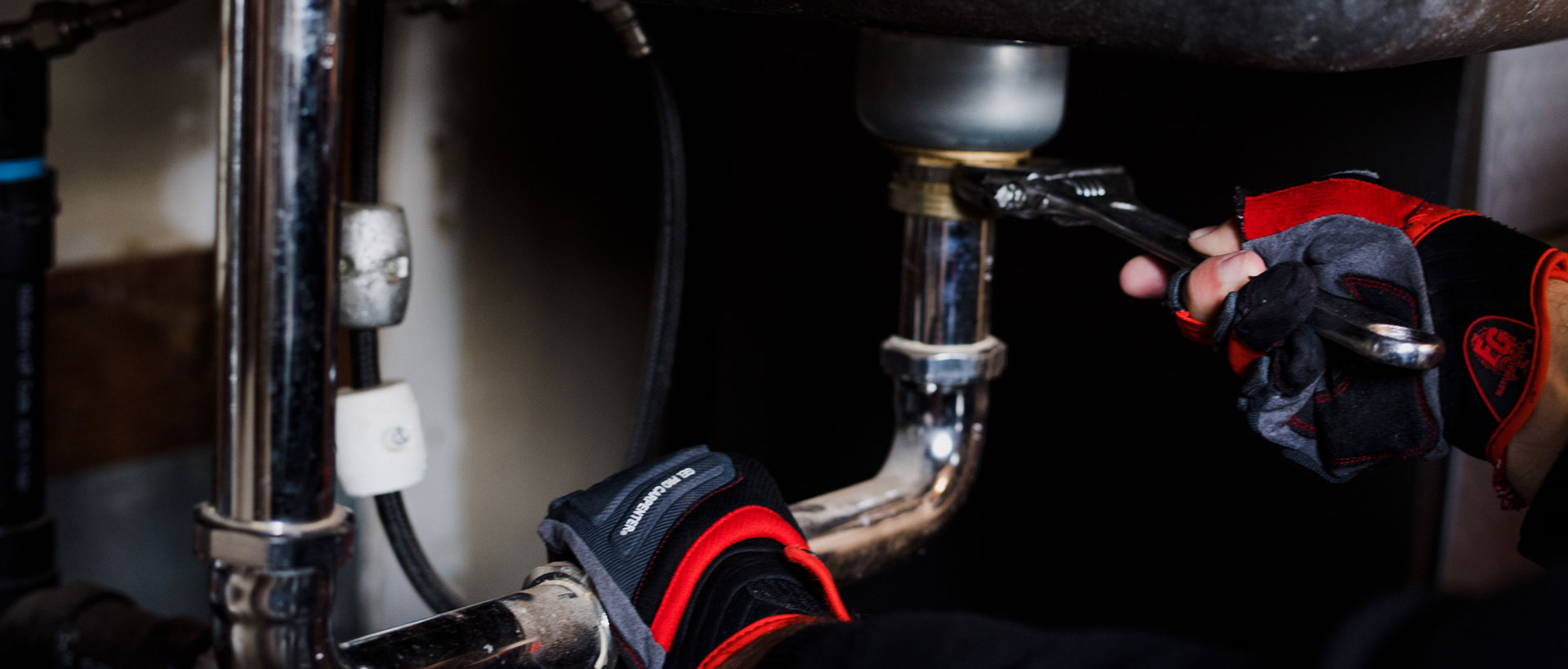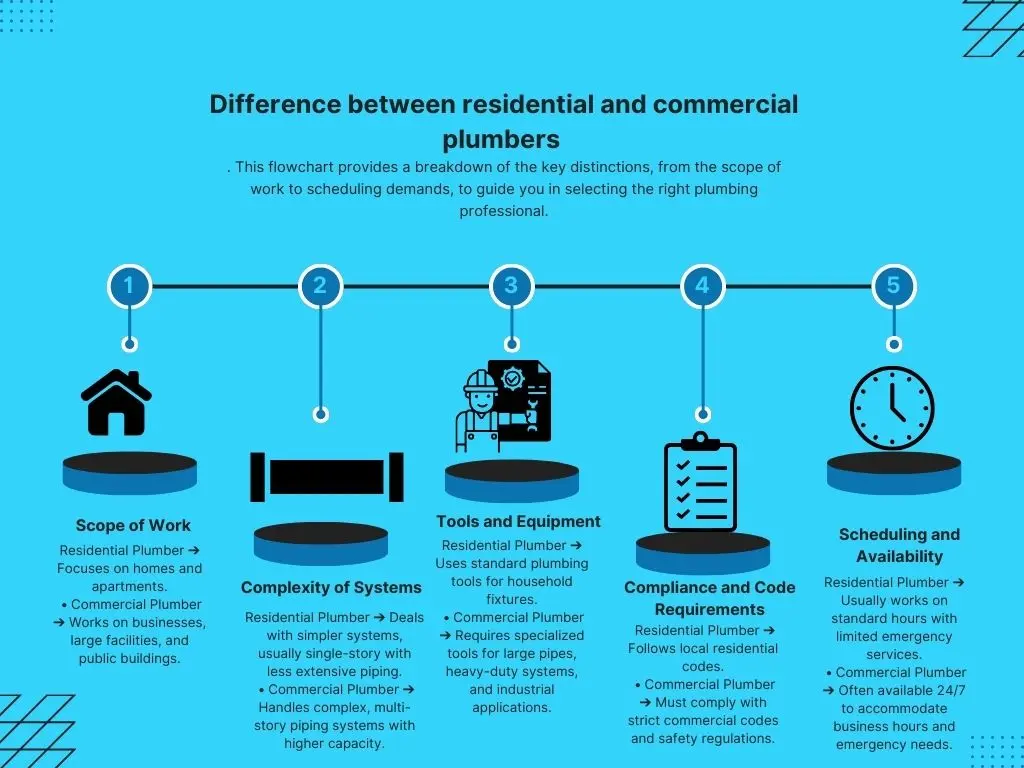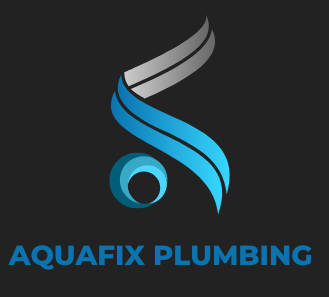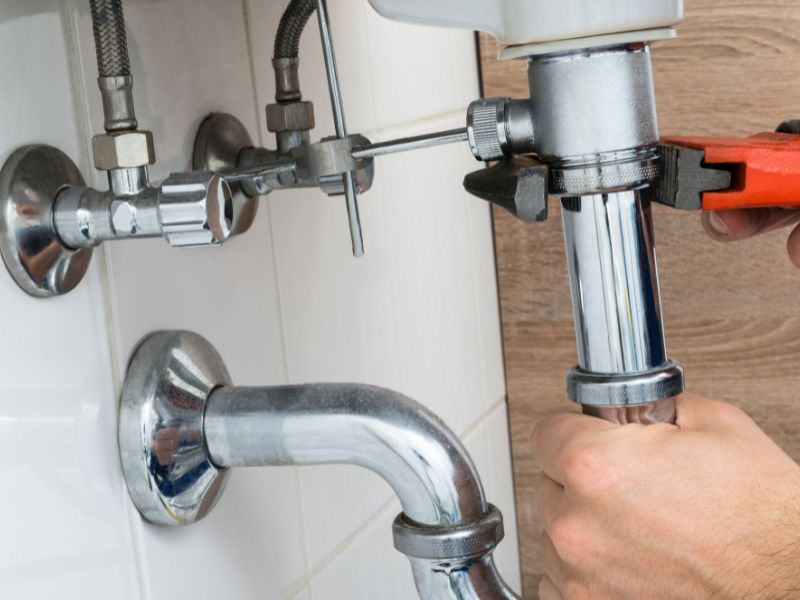What is commercial plumbing?
Commercial plumbing is essential for any business in Durban. It makes sure water flows smoothly and waste is properly managed. As a business owner, understanding this system is crucial. Problems can lead to costly downtime and damage. In this complete guide, we’ll explore key aspects of commercial plumbing. From maintenance tips to common issues, we’ve got you covered. Let’s dive in and empower your business with plumbing knowledge.
Defining Commercial Plumbing: Beyond Residential solutions
Commercial plumbing encompasses the intricate network of pipes, fixtures, and specialized systems designed to manage water supply, heating, and waste disposal within commercial buildings. It transcends the scope of residential plumbing, demanding a higher level of technical expertise and adherence to stringent regulations. Durban businesses, with their diverse operational needs, require plumbing solutions tailored to their specific demands, whether it’s a high-traffic restaurant, a multi-story office building, or a bustling retail space.
Commercial plumbing systems are complicated systems with lots of specialised components working together.
- Water Supply Systems: These intricate networks ensure the consistent delivery of fresh, potable water throughout the building, maintaining adequate pressure for all fixtures and appliances, even during peak demand.
- Drainage and Waste Systems: Efficiently removing wastewater from various sources, these systems prevent blockages, backups, and maintain hygienic conditions essential for business operations.
- Sanitary Drainage Systems: Specifically designed for wastewater from toilets and urinals, these systems utilize specialized venting to prevent hazardous sewer gases from entering the building, safeguarding employee and customer health.
- Storm Drainage Systems: Managing rainwater runoff from roofs and paved areas, these systems protect the building’s foundation and prevent flooding, crucial in Durban’s climate.
how effective plumbing impacts your business
Operational Continuity: A sudden plumbing failure can bring business operations to a grinding halt. Imagine a hotel with malfunctioning water heaters or a manufacturing facility with a compromised drainage system. A well-maintained plumbing system ensures uninterrupted workflow, maximising productivity and minimising costly downtime.
Regulatory Compliance and Risk Mitigation: Durban businesses work within a framework of stringent plumbing codes and regulations, designed to protect public health and safety. Non-compliance can result in severe penalties, legal ramifications, and reputational damage. A proactively managed plumbing system ensures adherence to these standards, mitigating risks and fostering a safe environment for all.
Financial Prudence: Ignoring minor plumbing issues , when they seem small can have significant financial repercussions. A small leak, if not handled correctly, can escalate into extensive water damage, structural deterioration, and mold growth, necessitating costly repairs and potential business interruption. Investing in preventative maintenance and timely repairs safeguards your assets and optimises long-term financial performance.
Components of Commercial Plumbing Systems
Pipes and Fittings: A network of pipes, composed of materials like copper, PVC, and cast iron, forms the circulatory system of a commercial plumbing system. Each material is selected for its specific application and durability, ensuring longevity and resistance to corrosion. Fittings, the connectors within this network, regulate water flow and maintain system integrity.
Drainage and Waste Systems: Efficient drainage is paramount for maintaining hygienic conditions and preventing operational disruptions. Commercial drainage systems rely on gravity and strategically placed vents to effectively transport wastewater away from the building. Grease traps, particularly crucial in restaurants, intercept fats and oils, preventing drain blockages and ensuring smooth operation.
Water Supply Systems: Maintaining consistent water pressure throughout a building, especially in multi-story structures common in Durban, can be challenging. Commercial water supply systems utilize pumps, pressure regulators, and storage tanks to ensure adequate water flow to all fixtures, even during periods of high demand.
Plumbing Fixtures: From high-traffic restrooms to specialized equipment in industrial settings, commercial plumbing fixtures are designed for durability and functionality. Water-efficient fixtures, such as low-flow toilets and faucets, contribute to environmental sustainability and long-term cost savings.
Addressing plumbing problems in Durban
Leaks and Water Damage: Aging infrastructure, corrosion, and high water pressure can lead to leaks, which, in Durban’s humid climate, can quickly e into extensive water damage, compromising structural integrity and fostering mold growth. Regular inspections and proactive leak detection are crucial.
Clogged Drains: Hair, grease, food particles, and foreign objects can accumulate in drains, leading to slow drainage, unpleasant odors, and potential backups. Implementing a regular drain cleaning schedule, particularly in businesses dealing with food preparation or personal care services, is essential.
Low Water Pressure: Inadequate water pressure can disrupt various business operations, from handwashing and sanitation to equipment functionality. Causes can range from clogged pipes and faulty pressure regulators to inadequate water supply. Prompt diagnosis and resolution are crucial.
Backflow Prevention: Backflow, the unwanted reversal of water flow, can contaminate the clean water supply, posing significant health risks. Backflow preventers are critical safety devices, preventing contaminated water from entering the potable water system and ensuring public health.
proactive approach
Scheduled Inspections and Assessments: Preventative maintenance is the cornerstone of a well-managed plumbing system. Partnering with a qualified Durban plumbing service to conduct regular inspections is essential. These assessments should include:
- Thorough leak detection and corrosion assessment
- Water pressure evaluation and system optimization
- Drainage system inspection and cleaning
- Backflow preventer testing and certification
Embracing the Future of Commercial Plumbing
Sustainable Solutions: Environmental responsibility is increasingly important for Durban businesses. Explore eco-friendly plumbing solutions, such as low-flow fixtures, rainwater harvesting systems, and greywater recycling, to minimize your environmental footprint and contribute to water conservation efforts.
Technological Advancements: The plumbing industry is undergoing a technological transformation. Smart plumbing systems, equipped with sensors and automation, offer leak detection, water usage monitoring, and remote control capabilities. These innovations enhance efficiency, reduce water waste, and provide valuable data for proactive system management.

What is the difference between domestic and commercial plumbing?
Commercial plumbing serves larger buildings with higher water demand and more complex systems, while domestic plumbing focuses on individual households with simpler setups and lower water usage



Recent Comments